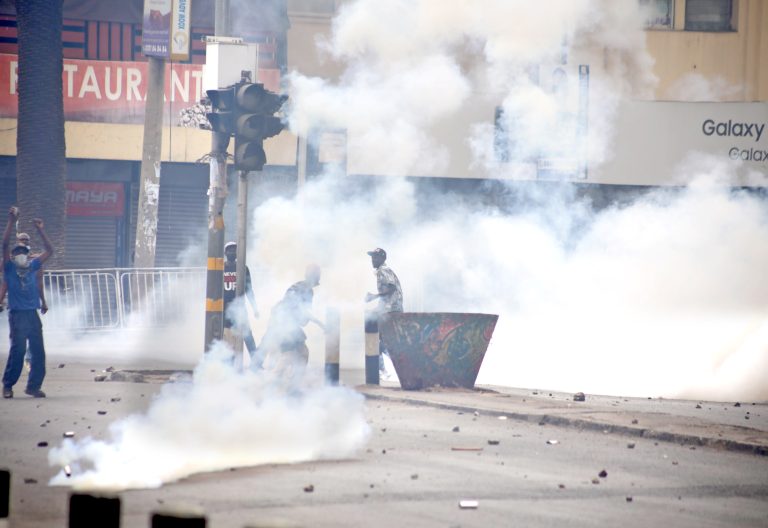Let’s guard against sexual violence as weapon in upheaval

On June 25, 2025, the streets of Kenya echoed with the powerful voices of women marching for justice, for dignity, and for a better nation.
Their protest for a more equitable society was met with a brutal and inhumane response that has left an indelible stain on the nation’s conscience.
The stories emerging from the aftermath are not merely distressing; they are an affront to human decency, igniting a profound sense of rage, sorrow, and deep heartbreak.
Sexual violence in times of crisis is not an unfortunate byproduct of war or disaster; it is a deliberate weapon, systematically deployed to terrorise, humiliate, dominate, and destroy communities.
It is one of the oldest crimes in human history, and yet, still one of the least punished.
To every woman in their diversity who bravely stepped forward and was subsequently harmed, violated, and traumatised: you did not deserve this.
No one deserves to be subjected to such atrocities. Your courage in demanding a better Kenya was met with an unforgivable act of barbarism.
The psychological scars inflicted by sexual assault are insidious, often leaving victims as mere shells of their former selves, struggling with a pain that permeates every aspect of their being.
This is a weapon of control, a tool of subjugation, and its deployment in times of crisis is a chilling reminder of the depths of depravity to which some will sink to silence dissent.
The use of sexual violence as a weapon against women during moments of social and political upheaval is a tragically familiar pattern globally, and Kenya’s recent events are a horrifying manifestation of this historical cruelty.
It is a deliberate tactic designed not only to inflict physical harm but to dismantle the spirit, to instill fear, and to discourage future participation in civic life.
The long-term consequences extend far beyond the individual, eroding the fabric of communities and undermining the very foundations of human rights and justice.
The condemnations must be swift, unequivocal, and accompanied by concrete action.
We must demand immediate and thorough investigations into these heinous acts, ensuring that perpetrators are brought to justice, regardless of their position or affiliation.
Impunity for such crimes sends a dangerous message that violence against women is tolerated, thereby perpetuating a cycle of abuse.
Beyond accountability, there is an urgent need for comprehensive support systems for the survivors.
They require not only medical attention but also psychological counselling, legal aid, and a societal embrace that assures them they are not alone and that their voices will be heard.
It is our collective responsibility to ensure that their healing journey is supported with sensitivity and in a trauma-informed approach.
The Maandamano, intended to be a demonstration of popular will, has been marred by an aftermath that demands more than just our outrage.
It demands a collective reckoning. It demands that we confront the deep-seated issues that allow such violence to fester.
It demands that we protect and uplift the women who bravely stand at the forefront of change, ensuring their safety and affirming their right to peaceful protest.
The writer is a human rights defender and a communications specialist













